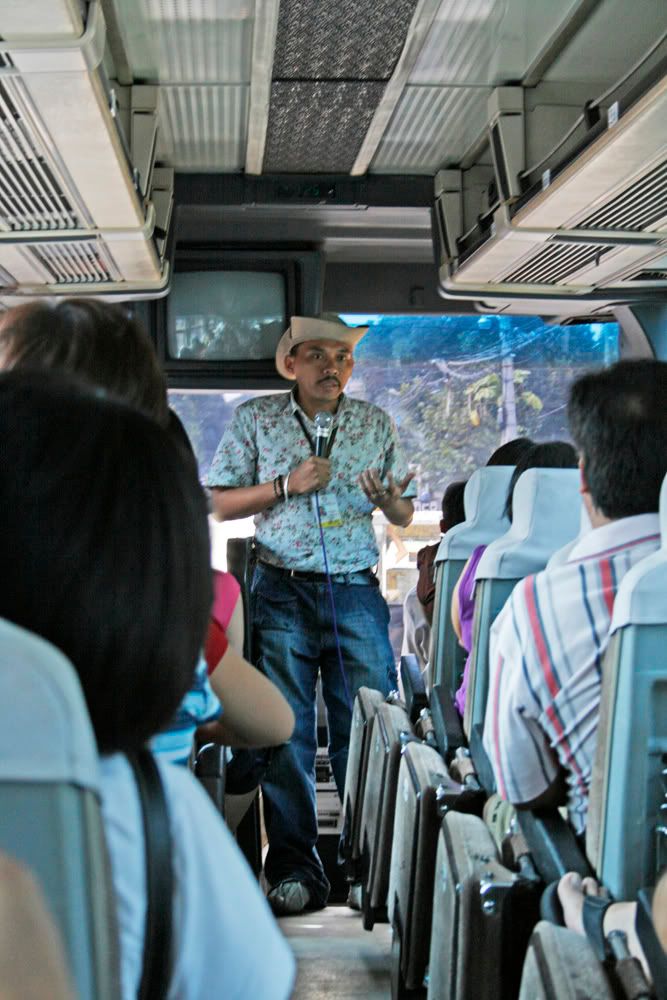
Saturday, March 15, 2008 (Philippines)
Loud and proud
Kevin A. Lagunda listens to stirrings on the airwaves.

In a passionate voice, former University of the Philippines president, Francisco Nemenzo, once said in a forum: “We shall invite Cebuano public intellectuals to give lectures using Cebuano. Hopefully, this will help to dignify and intellectualize Cebuano. Right now the Cebuano elite uses the vernacular only for trivial conversations, but when they discuss serious topics, they automatically shift to English. We want to demonstrate that Cebuano is adequate for serious discourse.”
Nemenzo’s aim was to let the Cebuano language soar the majestic sky of honor.
Nodding to Nemenzo’s call, dyAB station manager Leo Lastimosa baptized last Feb. 5, 2006 the program, “Sugbuanon Na Ni (SNN),” which airs every Sunday from four in the afternoon until six in the evening. In English, the program’s title means “This is the Cebuano!”
SNN is a radio program that does not only echo the Cebuano language. It reverberates with Cebuano culture and heritage.
With Ahmed Cuizon as the main anchor, Roger Pono, Bino Guerrero, Fred Cañete, Dr. Jess Tirol and Mayor Adelino Sitoy of Cordova take on Cebu’s history, trailblazers, arts, traditions and customs.
The program’s segments are “Garbo sa Sugbu (Pride of Cebu), which pays homage to heroic Cebuanos; “Basabalak,” the reading of poems in the native tongue; “Tipik sa Kaalam (Bits of Wisdom),” which convey folk proverbs; and “Lima Ka Gutlo (Five Minutes),” which airs audio features independently produced by Mass Communication students of different schools.
In their regular segments, SNN also tackles the correct use of Cebuano, features flashbacks of Cebu, and replays classic Cebuano songs.
According to Bino, “Culture makes the heritage; the heritage is the culture.” Roger discloses that it is important to promote the two entities for a Cebuano to know his “identity.”
As well as “define his sense of self and sense of origin,” Ahmed choruses.
The youth are given much attention in SNN for they will carry on the indigenous Cebuano spirit. As Bino observes, “Youth will replace the older generation.”
To combat the foreign cultures alienating and disorienting many youths, SNN makes it a point to preserve the Cebuano sensibility by getting the young to imbibe a love of one’s own. Although preaching the gospel of loving one’s identity is quite “difficult,” Ahmed admits: “But someone has to do it.”
Knowing one’s native soul will help a person know where he stands and where he is going “when he deals with the rest of the world.” Bino says that for preserving the uniqueness of the Cebuano, the new generation serves as the bag-ong suga (new light).
“Urbanization and mass media help make the youth forget who they are,” Ahmed admits ruefully. “Mass media should be used in promoting culture. That’s the reason why SNN is here.”
But Bino is optimistic that through the Internet and the Bisrock industry, Cebuano culture can be propelled upward and be absorbed by the next generation.

No comments:
Post a Comment